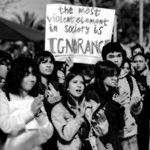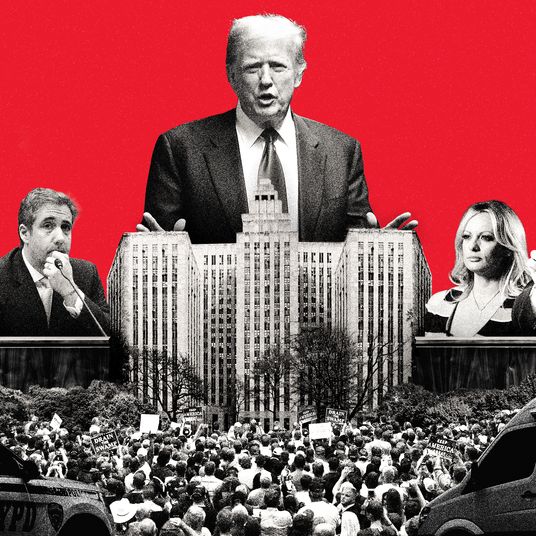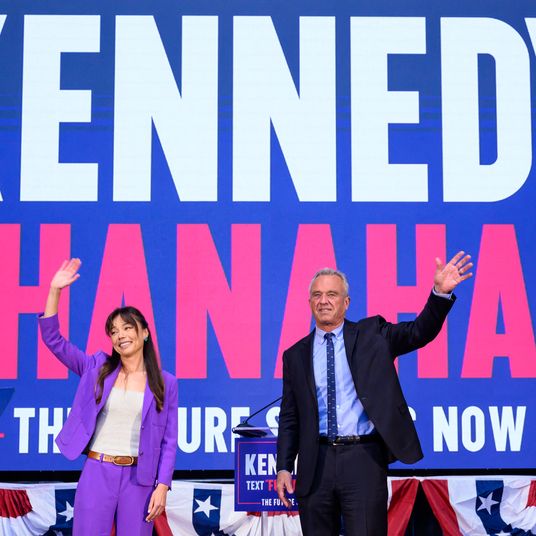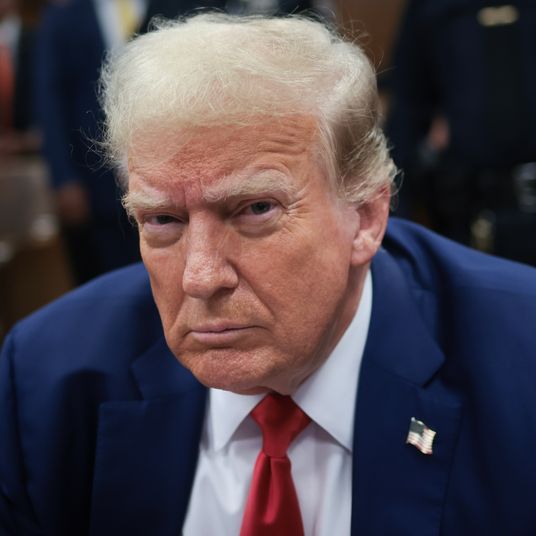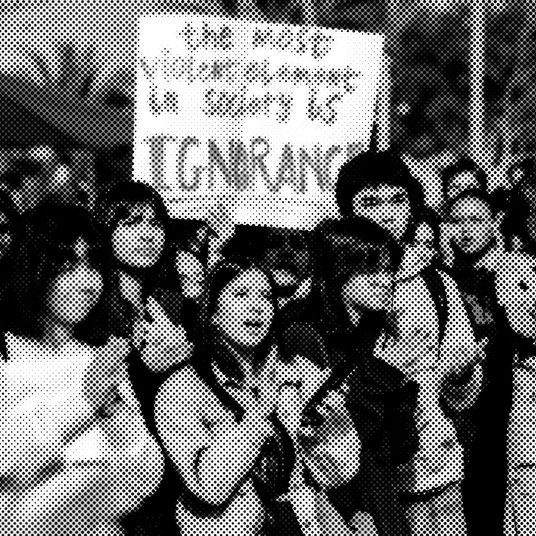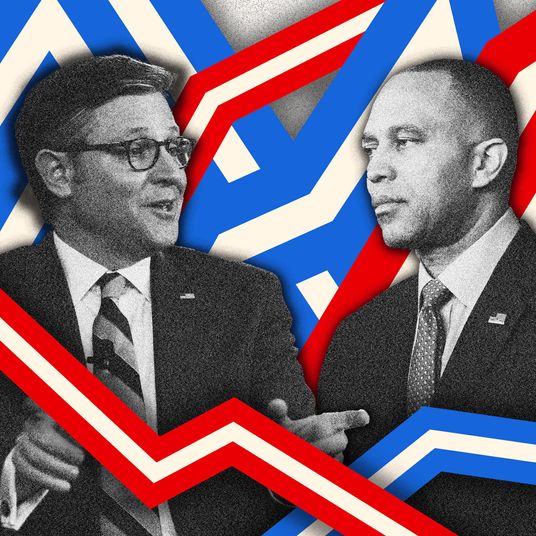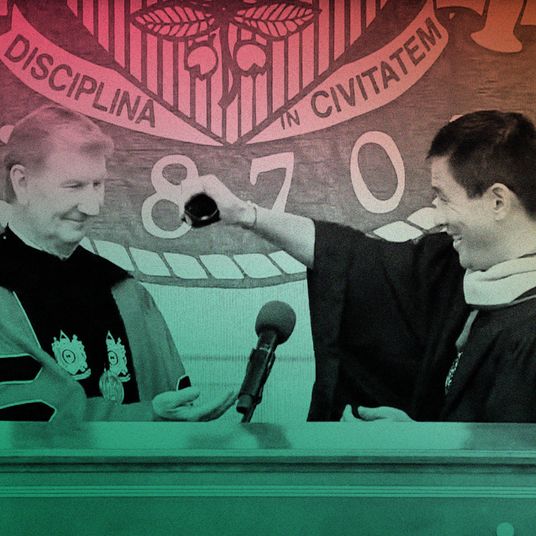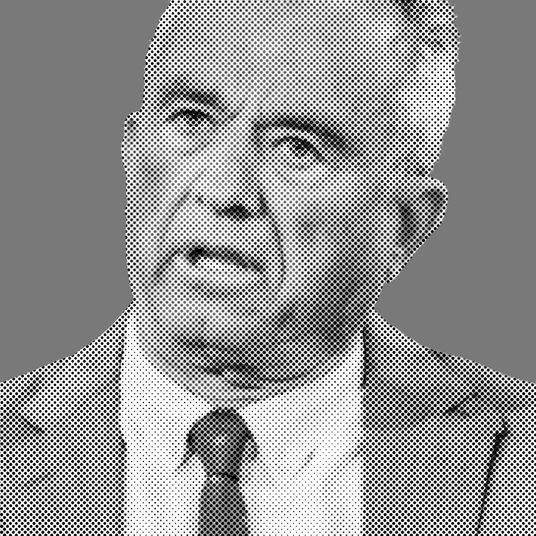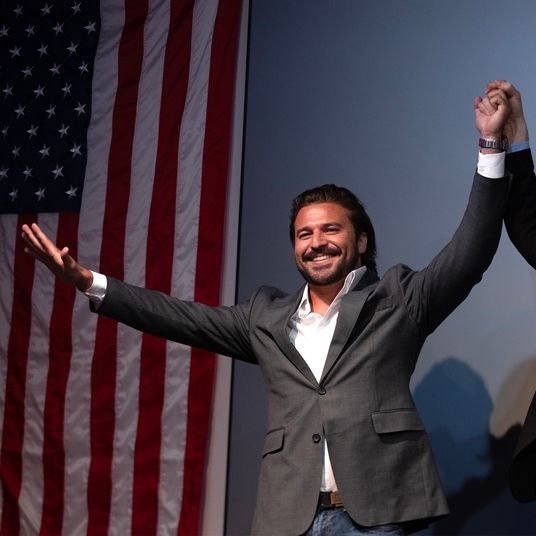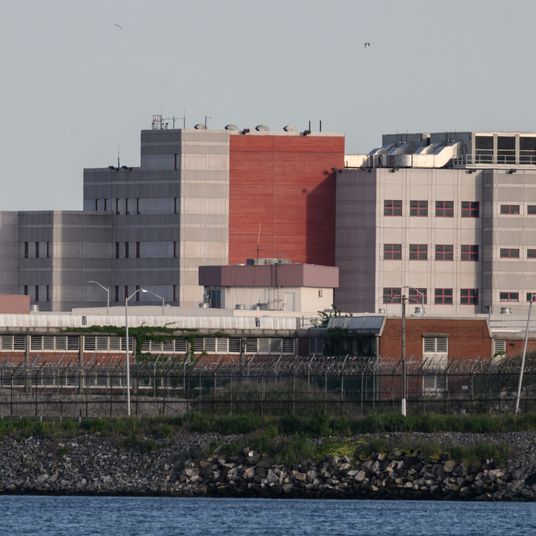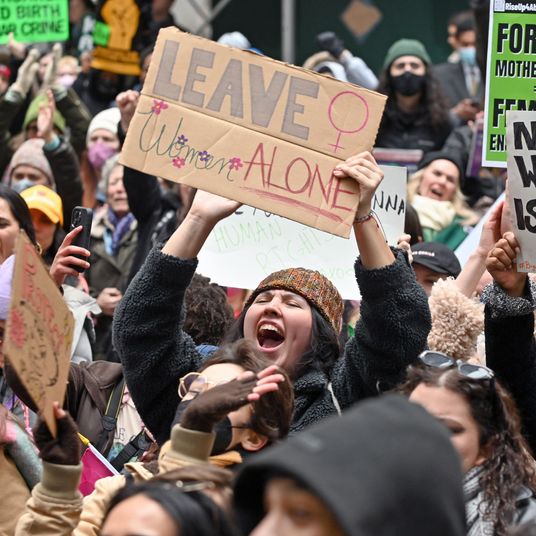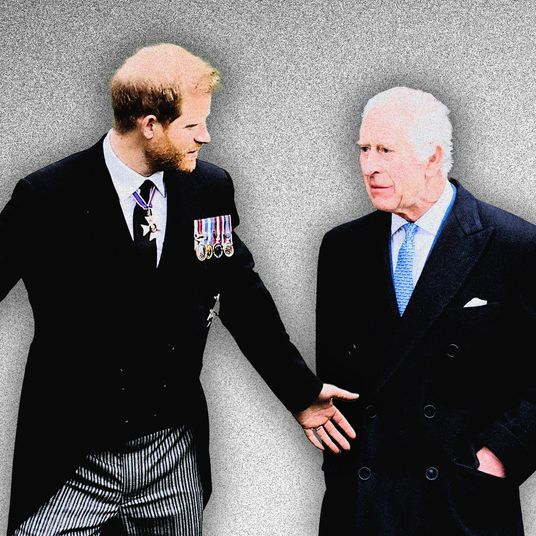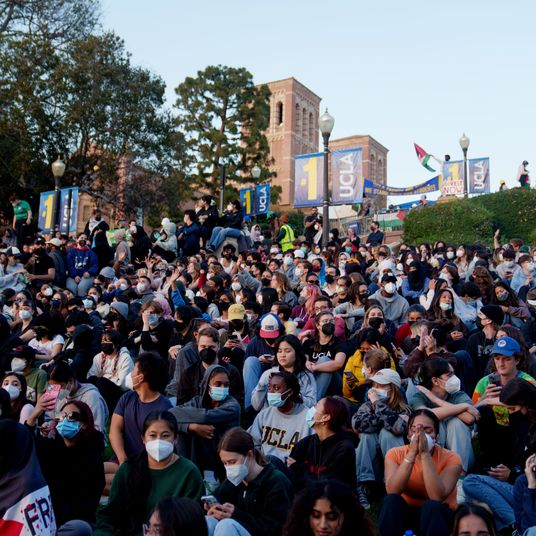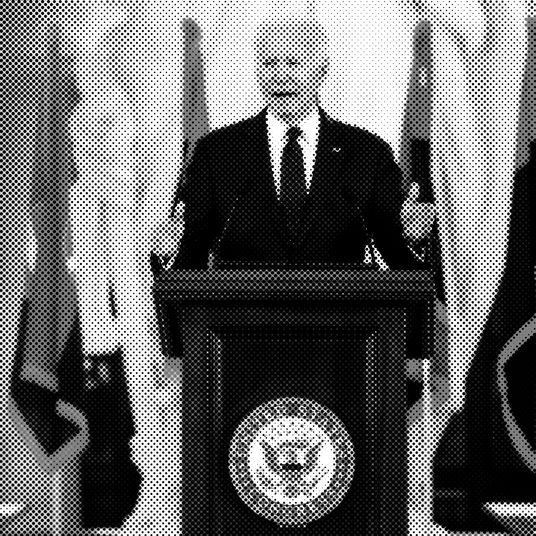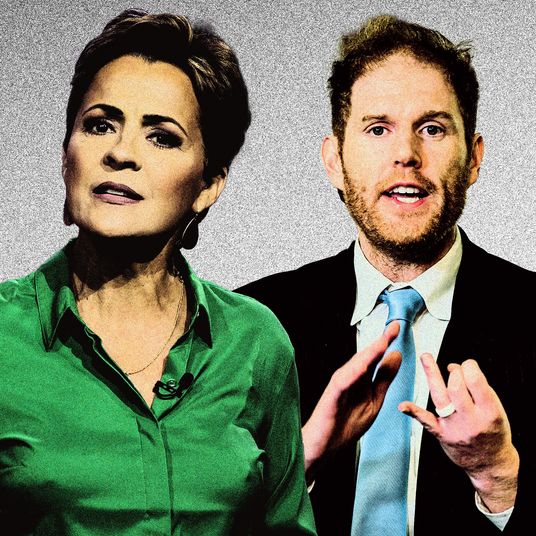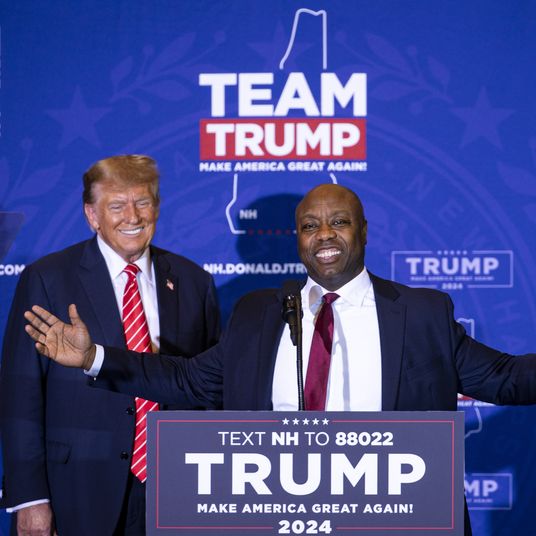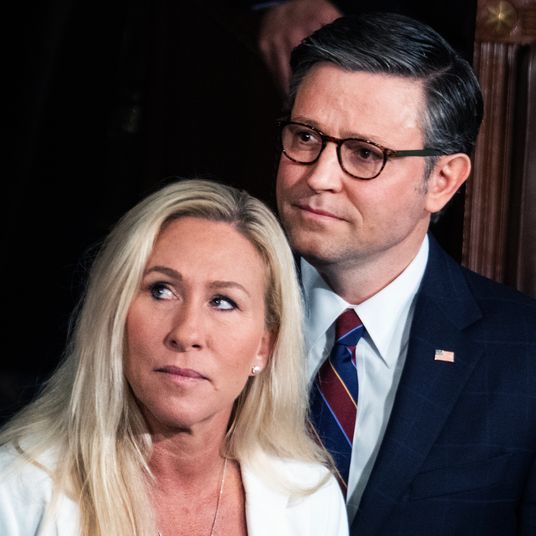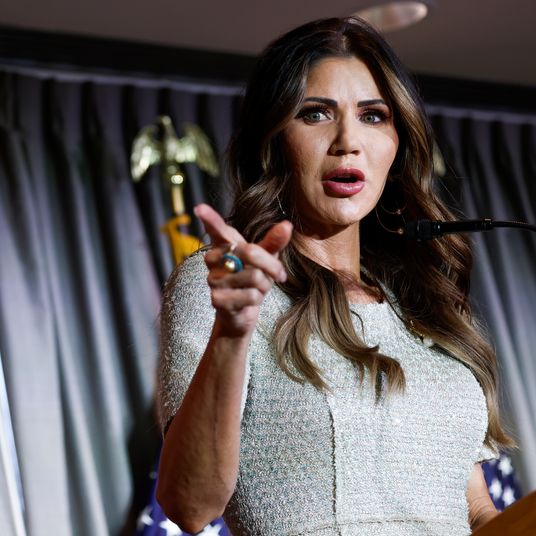
Nearly one year ago, Facebook was facing a flood of bad press around the tremendous amounts of misleading news that was passed around on its platform during the November 2016 elections. (As difficult as this is to remember, this was still during a time when “fake news” was a phrase that still carried weight and meaning.)
So it partnered with outside publishers, including ABC News, the Associated Press, FactCheck.org, Politifact, and Snopes, to try to “fact check” news posts. Links that were flagged by users as inaccurate would be forwarded to the fact-checking team, and if determined by journalists to be factually unsound, would be flagged with a “Disputed” tag. Facebook would ding those stories in the News Feed algorithm, and warn users before they tried to share them.
One year later, The Guardian spoke to a number of journalists working on the project. The consensus: It’s a failure.
“I don’t feel like it’s working at all. The fake information is still going viral and spreading rapidly,” said one journalist, speaking to The Guardian on the condition of anonymity. “They think of us as doing their work for them. They have a big problem, and they are leaning on other organizations to clean up after them.”
Said another fact checker: “The relationship they have with fact-checking organizations is way too little and way too late. They should really be handling this internally. They should be hiring armies of moderators and their own fact-checkers.”
The problems are myriad. You can ban a domain for peddling stories about George Soros personally Venmo-ing antifa black hats for hitting cops, and the person can simply hop over to another domain and start all over again. Others report that it’s rare to see a “disputed” tag actually get attached to a story. Facebook is also staying tight-lipped about what effect the fact checking is having. “We’re sort of in the dark. We don’t know what is actually happening,” said Alexios Mantzarlis, director of the International Fact-Checking Network at Poynter, which is supposed to oversee the work of the third-party fact checkers.
Facebook says that the fact-checking work is helping it fine-tune its own algorithms. A spokesperson told The Guardian, “Our work with third-party fact-checkers is not just meant to educate people about what has been disputed — it also helps us better understand what might be false and show it lower in News Feed.”
But Facebook’s fact-checking initiative, whether handled internally or externally, was always doomed to failure. I’ve worked as a fact checker, and it’s time-consuming process. Shitposting that the Mexican drug cartels started the California wildfires can be done in about ten minutes. Fact checking that story will always take longer.
Resource-strapped media companies were never going to be the answer. Given the unprecedented scale of Facebook’s platform, the number of professional fact checkers needed to effectively police Facebook’s News Feed — and then the management needed to oversee them — is hard to peg, but would easily be in the thousands. Meanwhile, one of the best and longest running debunking sites Snopes, which was roped into fact-checking for Facebook, currently employs 16 people in total.
Facebook may be doubling the number of people to handle abuse in 2018, and Zuckerberg has even said, “Protecting our community is more important than maximizing our profits.” But Zuckerberg is responding to congressional hearings about Facebook selling ads aimed at attempting to influence the presidential election.
Moreover, whatever was done by Russia-linked advertisers and pages on Facebook was done for political ends. Much of the fake news that gets passed around Facebook comes with a hyperpartisan slant, but that’s more because hyperpartisan articles gin up cheap traffic and ad revenue. There’s financial incentive for an army of online writers to post incendiary and untrue headlines, and very little incentive for Facebook to stop fake news, except to avoid some bad PR. The hastily assembled fact-checking effort by Facebook allowed the company to gesture vaguely at doing something, while actually doing nothing.



